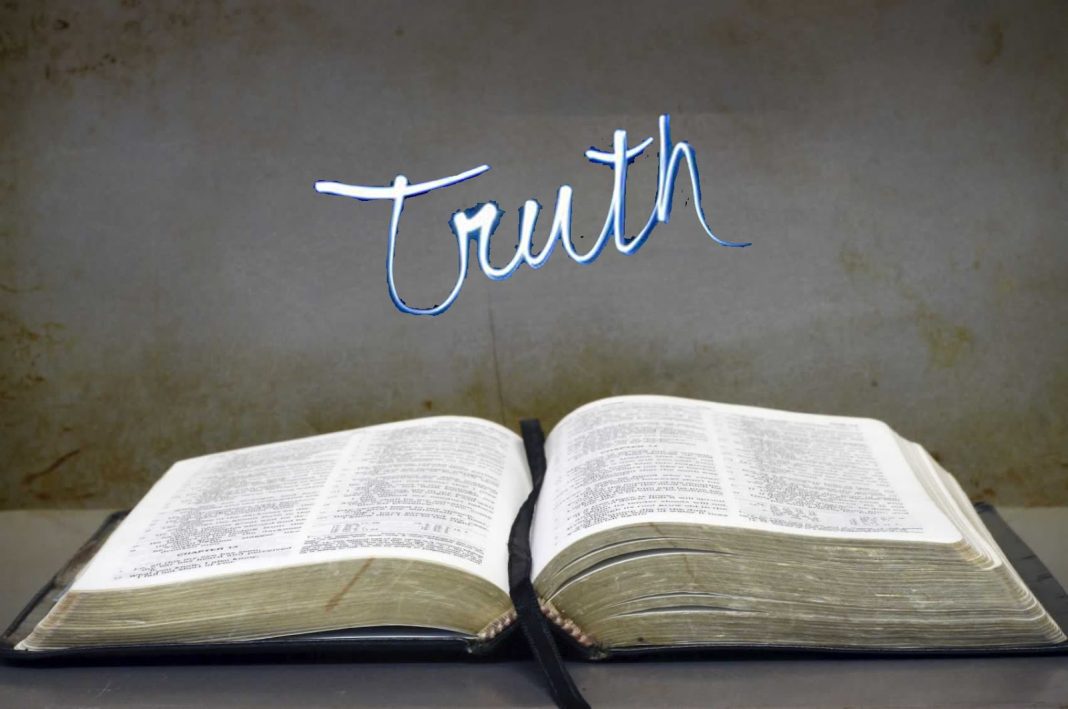We can trust all of God’s Word, beginning in Genesis.
God’s Word is true; God does not lie.
The historical record of the Bible is confirmed often by historical, archaeological, and scientific support.
God’s attributes are displayed throughout the Bible.
God’s sovereignty is demonstrated in history as he fulfills his purposes through people and events.
God’s attributes (including his holiness, justice, love, and mercy) are demonstrated through his dealings with people.
The Bible presents true history.
The Bible presents real history, showing the unfolding plan of God to redeem a people for himself.
The historical accounts of the Bible intersect with secular history.
We must carefully and accurately interpret the Bible.
The proper use of hermeneutics helps us understand the Bible accurately.
Understanding the Bible requires time and effort.
God’s plan of redemption is woven throughout Scripture.
God’s plan of redemption is presented throughout the Bible, beginning in Genesis.
Many accounts in the Old Testament connect to the New Testament and point to Jesus and the gospel message.
We must be ready to give a defense for what we believe.
Students and adults must be equipped with answers to questions skeptics ask.
We can use science, history, archaeology, etc. to confirm the accuracy of the biblical record.
We are to live in light of what the Bible teaches.
God’s Word is applicable today.
We can learn from scriptural examples of obedience (and disobedience) to God’s Word.
Believers are called to walk in obedience to God’s Word.
Reference: Answers In Genesis – Answers Bible Curriculum
 Loading Page...
Loading Page...



